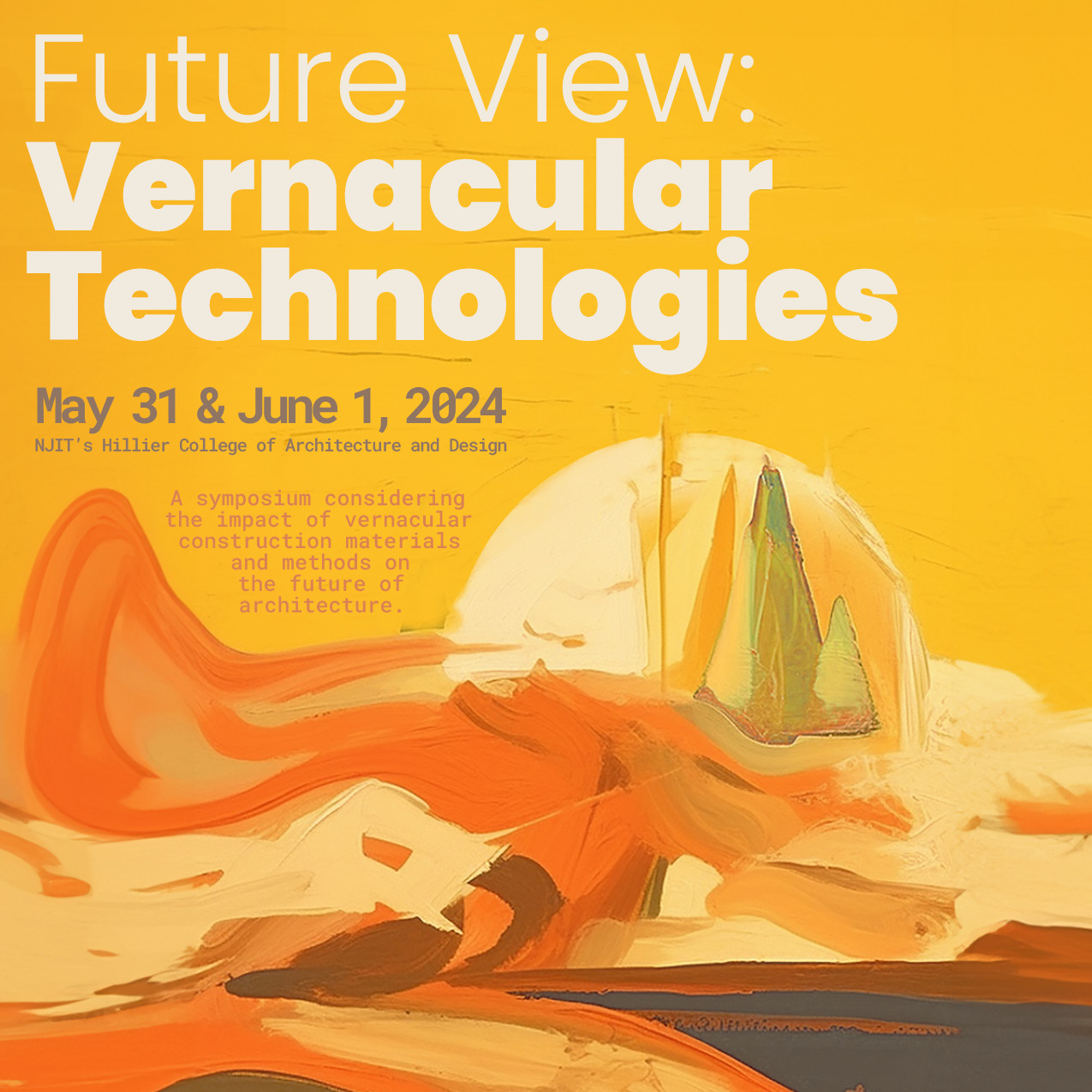PennPraxis and PlanPhilly introduce Praxis Dialogues, a series of public conversations among design professionals, practitioners, leaders, and students on ideas and issues of broad interest to the design professions. The first of this series focuses on the notion of the public good and how it informs and affects the design and use of the public realm. Philadelphia is at a pivotal point in terms of governance and politics. How should a forthcoming administration approach design and urbanism as it relates to public good? How to sustain the remarkable public-space improvements of the last 10 years? These are among the questions to be posed to panelists Brian Abernathy, Executive Director of the Philadelphia Redevelopment Authority; David Gould, Program Officer for R&D/New Initiatives at the William Penn Foundation; Beth Miller, Executive Director of the Community Design Collaborative; and Scott Page, principal and founder of Interface Studio. Short introductory statements will be followed by discussion lasting about an hour. Audience members will have ample Q&A at the end. The event will conclude with a reception and opportunity for mingling.
The constantly shifting concept of “public good” poses a challenge to designers, stewards and managers of public space, as well as to politicians, elected officials, community leaders and citizens. How are public-good ideals rendered and tended in public spaces, sites, buildings, infrastructure and institutions?
The design professions have become very proficient in creating sophisticated urban public spaces – streets, plazas, parks, infrastructure, public art, and more. These places reflect inherited ideas about the commons and the public realm, but how well do they reflect the changing conceptions of “public good” in contemporary political discourse? Amid the often fragmented, distorted, and theatrical political realm, designers’ notions of public good must somehow find resonance with contemporary needs and desires. This Praxis Dialogue will explore gaps and connections between the design and management of public spaces and social, political conceptions of the public good.
Leading up to the event, each of the panelists is contributing to a series of stories published by PlanPhilly.com. The series was launched on November 3 by Randy Mason with “Praxis Dialogues: The ‘public good’ in practice.”
Brian Abernathy is the Executive Director of the Philadelphia Redevelopment Authority, the agency that underwrites the City’s affordable housing projects, oversees condemnation, and owns approximately 2500 parcels that it sells for development. Prior to joining the Authority, Brian was Chief of Staff to the City’s Managing Director, where he was responsible for the office’s budget, coordinating special projects, and managing City Council relations. Previously, Brian served as Councilman Frank DiCicco’s Director of Policy and Legislative Aid, where he was involved in the Civic Vision for the Central Delaware River plan, authored the legislation creating the Zoning Code Commission, led the Councilman’s gaming initiatives and worked with dozens of community leaders on neighborhood concerns. Brian has also served on the Philadelphia City Planning Commission and the Zoning Code Commission. He graduated from Coker College with a degree in Political Science and Theatre and currently lives in Mt. Airy.
David Gould is the Program Officer for R&D/New Initiatives at the William Penn Foundation. His work focuses on exploring and leading early phases of new initiatives designed to enhance the Foundation’s ability to advance its programmatic goals. In this role, he is responsible for staying abreast of trends in the sectors related to the Foundation’s three grant centers and ultimately developing and testing new approaches that will strengthen its impact in the region. In addition, he maintains a small grant portfolio within the Great Public Spaces funding strategy. Prior to joining the Foundation, David worked at Public/Private Ventures (P/PV), where he provided support for research, evaluation and planning projects focused on improving outcomes for youth in high-poverty communities. A native of the Germantown section of Philadelphia, David holds an MPA from Penn’s Fels Institute of Government, where he also earned graduate certificates in politics and public finance. He received his BA in economics and political science from the University of Rochester.
Randy Mason is Associate Professor and Chair of the Graduate Program in Historic Preservation and is Associate Professor in the Department of City and Regional Planning. His courses focus on historic preservation planning, urban conservation, history, and cultural landscape studies. Mason’s research interests include theory and methods of preservation planning, cultural policy, the economics of preservation, historic site management, the history and design of memorials, and the history of historic preservation. He leads the Center for Research on Preservation and Society, which undertakes applied research projects on site management and on social, economic and political aspects of historic preservation. His books include The Once and Future New York: Historic Preservation and the Modern City(University of Minnesota Press, 2009) and Giving Preservation a History: Histories of Historic Preservation in the United States (edited with Max Page; Routledge, 2004).
Beth Miller is the executive director of the Community Design Collaborative in Philadelphia, a post she has held since 2001. She has guided the Collaborative’s growth from a single full-time employee to a staff of six and launched Infill Philadelphia, an initiative that uses design, community engagement, and strategic partnerships to address urban infill development. Beth holds a Master’s in Government Administration from the Fels School of Government at Penn and a BA in the Growth and Structure of Cities from Bryn Mawr College. She has been a member of the Philadelphia City Planning Commission since 2011.
Scott Page is principal and founder of Interface Studio, a full-service planning and design firm founded in 2004 to test and develop a unique and innovative set of urban design ideas. Scott has more than fifteen years of diverse experience ranging from citywide master planning to site-specific design and redevelopment strategies. He has been a leader in developing innovative neighborhood plans targeted toward enhancing communication, awareness and empowerment at the community level. Scott holds degrees from PennDesign and the Georgia Institute of Technology Architecture Department, he studied at the Ecole Des Beaux Arts in Paris. Scott is a lecturer at PennDesign and his research on urban design, emerging technologies and sustainability has been presented and published both in the United States and Europe.
Produced by PennPraxis; co-presented with PlanPhilly









